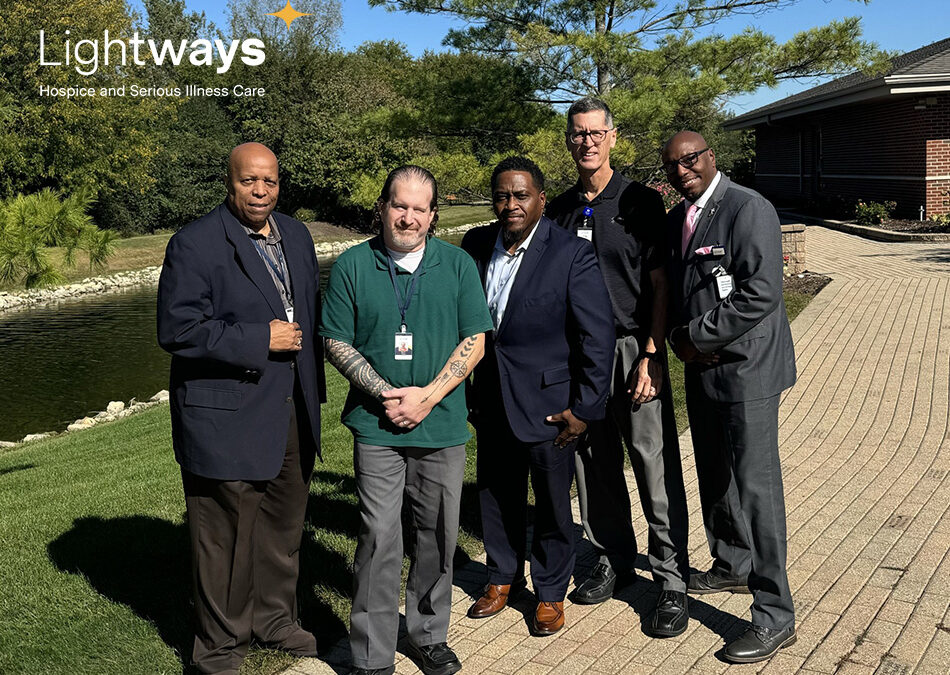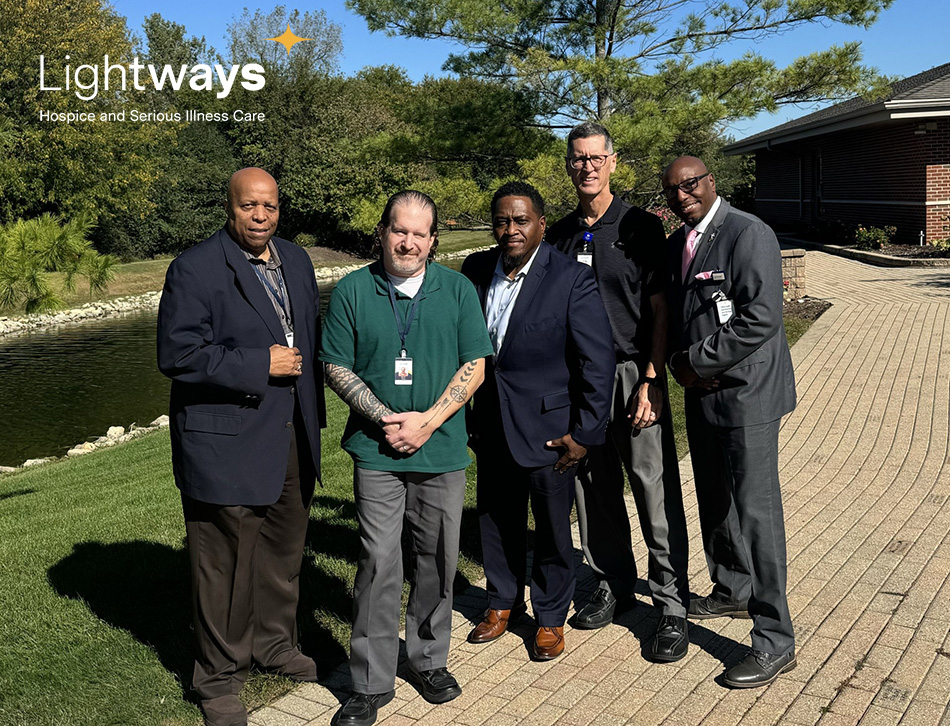
Supporting Comfort at End of Life: How Hospice Medications Help
Supporting Comfort at End of Life: How Hospice Medications Help

When a loved one enters hospice care, families often have many questions, especially about medications. It is completely natural to wonder what medications are being used, why they are needed, and what effect they may have. One of the most common concerns we hear is this: Do hospice comfort medications speed up death?
The short answer is no. Hospice medications are used to relieve distressing symptoms, improve quality of life, and help people remain as comfortable as possible during their end of life care. Their purpose is comfort—not to hasten death.
What Are Hospice Comfort Medications?
Comfort medications are prescribed to ease symptoms that commonly occur with serious or life-limiting illnesses. These may include pain, shortness of breath, anxiety, nausea, restlessness, or difficulty sleeping.
The goal of hospice care is not to cure illness, but to reduce suffering and support dignity and peace. Medications are one of many tools used to achieve that goal.
Common comfort medications may include:
- Pain relievers
- Anti-anxiety medications
- Medications that ease breathing
- Medications that reduce nausea, agitation, or restlessness
Each medication is carefully chosen based on the individual’s symptoms and needs and adjusted as those needs change.
Why the Misconception Exists
The idea that comfort medications hasten death often comes from misunderstanding how they work. Some medications, especially opioids or anti-anxiety medications—can cause drowsiness or more relaxed breathing as side effects. When families notice these changes, it can feel frightening and lead to worry that something harmful is happening.
Hospice clinicians start medications at the lowest effective dose and increase them slowly and carefully only when needed. The intent is always comfort and relief from suffering—not to shorten life.
How Hospice Teams Use Comfort Medications
Hospice care follows clear medical guidelines to ensure medications are used safely and appropriately. Care is always thoughtful and individualized, guided by these principles:
- Symptom-driven care: Medications are given only when symptoms are present.
- Individualized dosing: Every patient responds differently, and doses are tailored accordingly.
- Ongoing assessment: Nurses regularly evaluate comfort, effectiveness, and side effects.
- Team-based oversight: Physicians, nurses, and pharmacists work together to guide care.
When symptoms are managed, patients often rest more peacefully, breathe more easily, and experience less pain or anxiety—allowing for meaningful moments with loved ones.
Do Comfort Medications Speed Up Death?
Decades of research and hospice experience show that comfort medications do not hasten death when used appropriately. In fact, by easing pain, breathlessness, and anxiety, these medications can reduce physical stress on the body and help conserve energy.
The natural progression of illness—not medication—is what leads to the end of life. Hospice medications simply ensure that this time is lived with as much comfort and dignity as possible.
The Role of the Hospice Team
At Lightways, our hospice team takes time to explain every medication, answer questions, and listen to concerns. Families are encouraged to speak openly about their fears or uncertainties so we can provide reassurance and education.
Care plans are always flexible and can be adjusted at any time to reflect comfort needs, personal values, and family wishes.
Why Comfort Matters
At the heart of hospice care is the belief that everyone deserves to be comfortable, respected, and cared for with compassion at the end of life. Medications are just one part of that care, alongside emotional support, spiritual care, and integrative therapies such as massage, music, and other calming approaches.
Hospice comfort medications are not about speeding up death—they are about relieving suffering, easing distress, and supporting quality of life. Understanding their purpose can help families feel more confident and at peace with the care their loved one is receiving.
Questions About Hospice Medications
If you have questions or concerns about hospice medications, your Lightways care team is always here to listen, explain, and support you—every step of the way. You can contact us at 815.740.4104 for guidance or reassurance whenever you need it.






